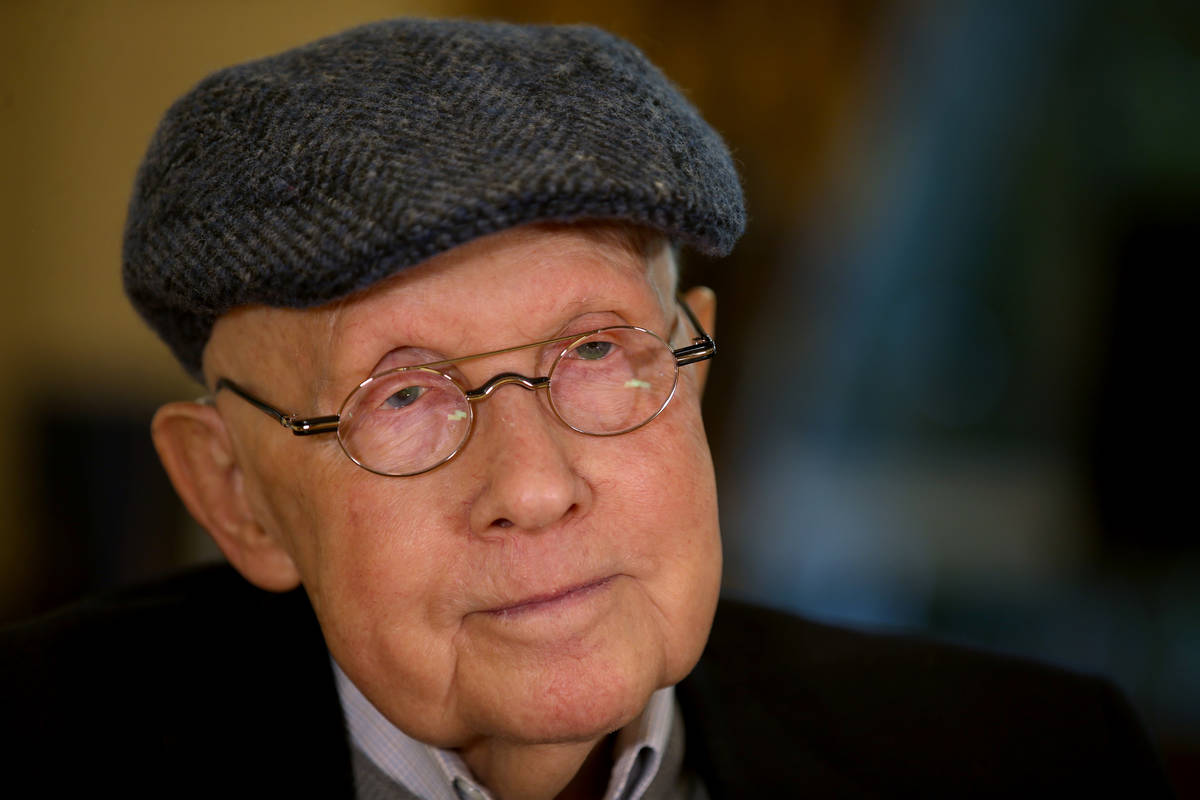EDITORIAL: Reid learns first hand that experimental treatments can save lives
Harry Reid faced a bleak prognosis when he was diagnosed with pancreatic cancer in 2018. But last week he announced that he’s cancer-free thanks to an experimental treatment.
One might expect nothing less from a pugnacious survivor who has long demonstrated grit and tenacity. But Mr. Reid’s recovery is great news on a number of fronts. Pancreatic cancer survival rates are exceedingly low, in large part because the disease is often far advanced when symptoms first surface.
Even during treatment, the former Senate majority leader kept fighting and stayed active. He remained involved in Nevada Democratic Party politics. Prospective Democratic presidential nominees sought him out for advice. He seemed to enjoy inserting himself into the national conversation when he felt he had a point to make. He helped first-term Sen. Catherine Cortez Masto make Joe Biden’s list of potential vice presidential candidates.
The unspeakable question floating over each of Mr. Reid’s recent public appearances was his long-term health. For the foreseeable future, he has beaten the odds.
“There’s no comparison to how I feel — I feel good. I’m alive,” Mr. Reid told The Washington Post.
Mr. Reid’s survival isn’t just an example of his steely determination. He credits an experimental cancer treatment pioneered by researcher Patrick Soon-Shiong for saving his life. Mr. Soon-Shiong’s current efforts focus on using three “killer cells” to attack tumors. Mr. Soon-Shiong’s methods are unproven, but given the alternative, Mr. Reid seized the opportunity and, at this point, has experienced the best possible results.
Mr. Soon-Shiong’s company will soon start a Phase II clinical trial of the treatment it used to help Mr. Reid. Let’s hope for its success.
The use of experimental treatments received a much-needed boost in 2018 when Congress passed and President Donald Trump signed a so-called “right to try” bill that made it easier for desperate patients who have life-threatening ailments to avail themselves of unapproved treatments. The effect of the bill has so far been minimal — only a handful of patients have been enrolled as of late last year — but providing a new way forward for patients was the right thing to do.
Harry Reid is a Nevada institution, perhaps the most important political figure in the state’s history, and his recovery is welcome news. Here’s to many more years.






















